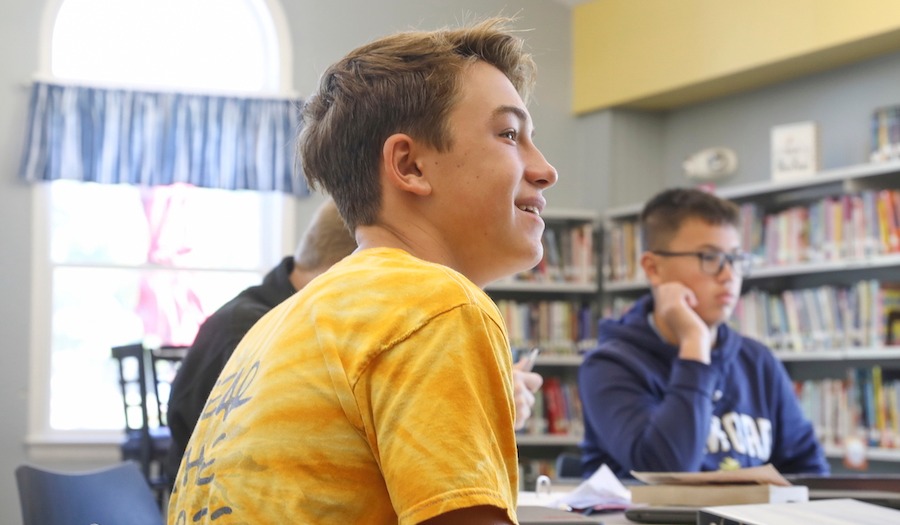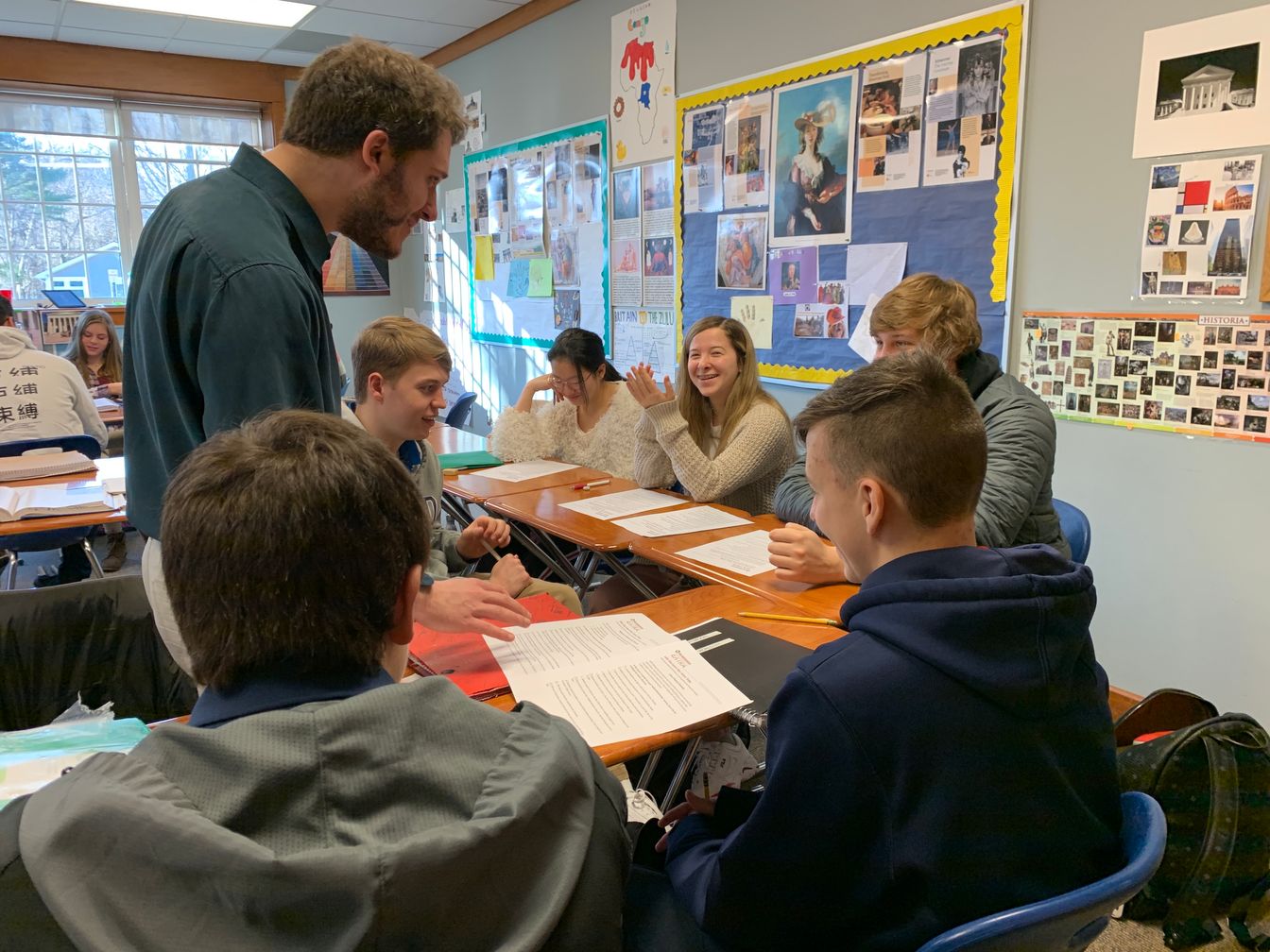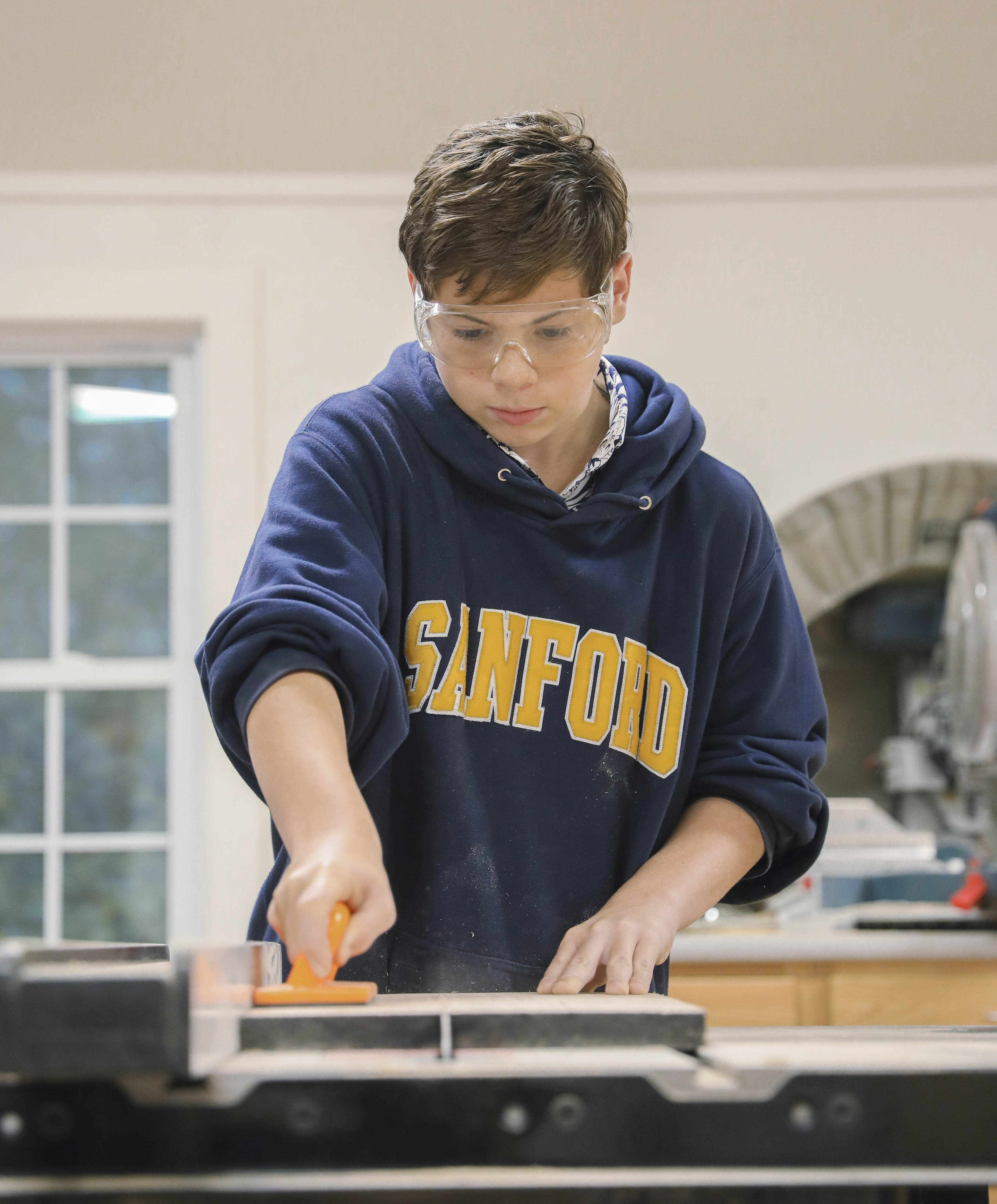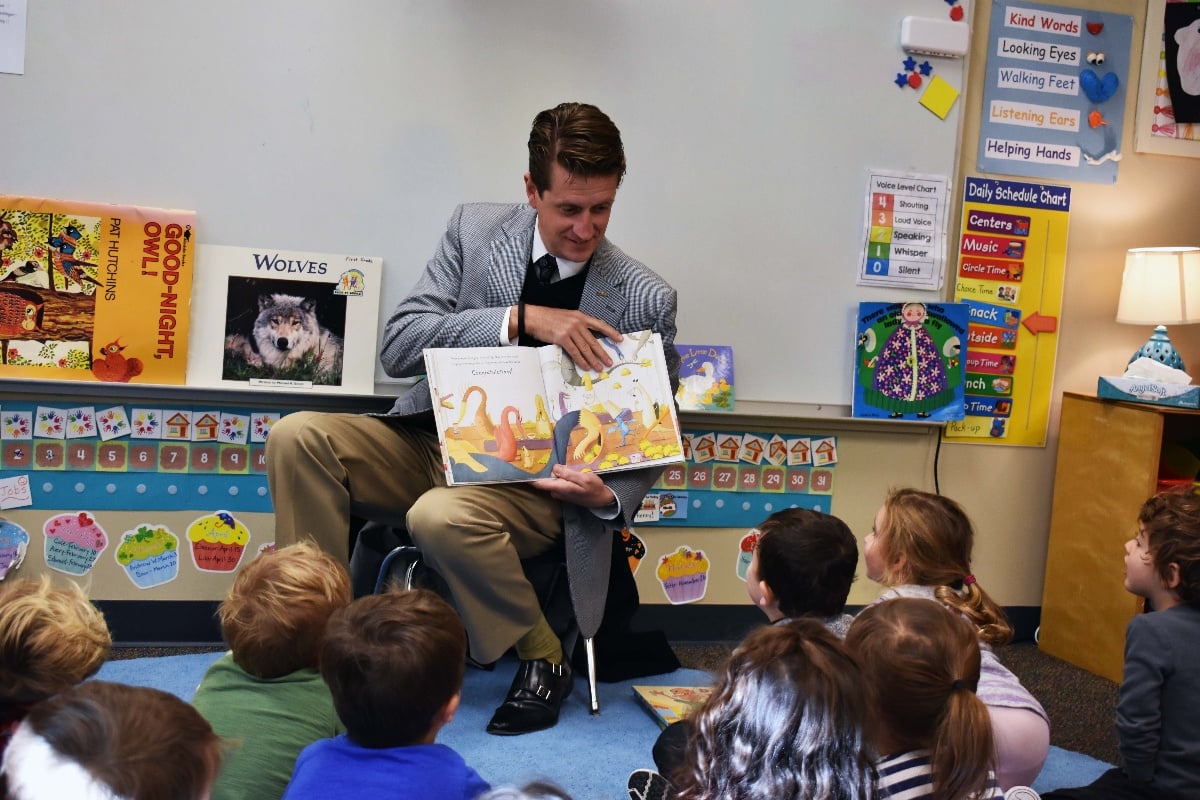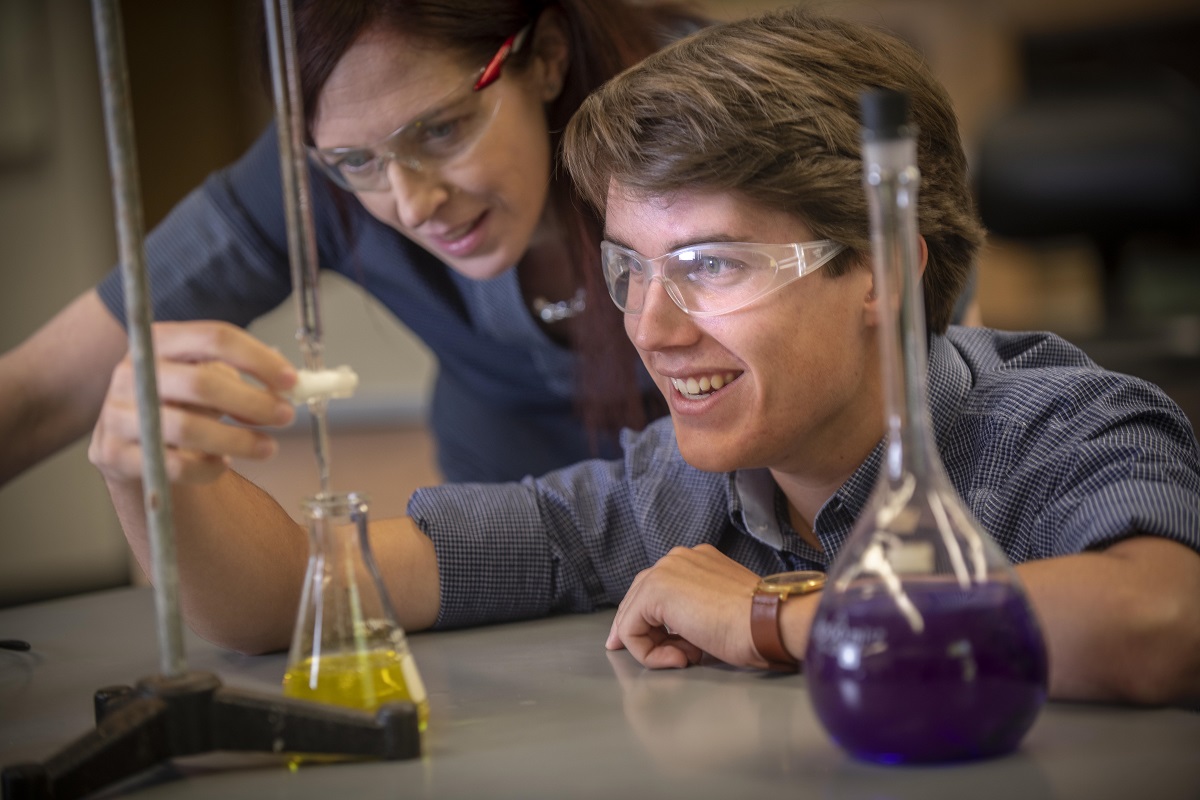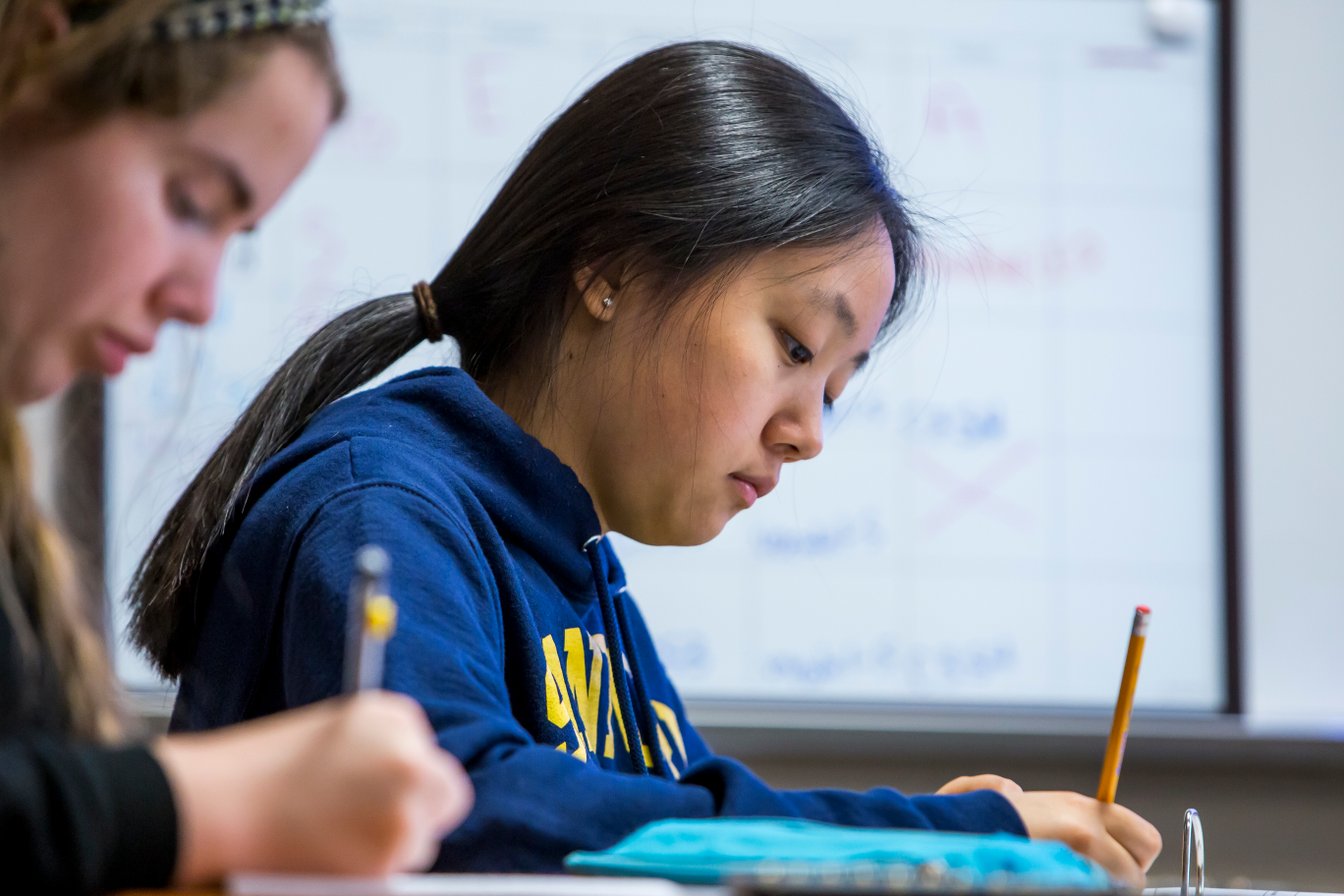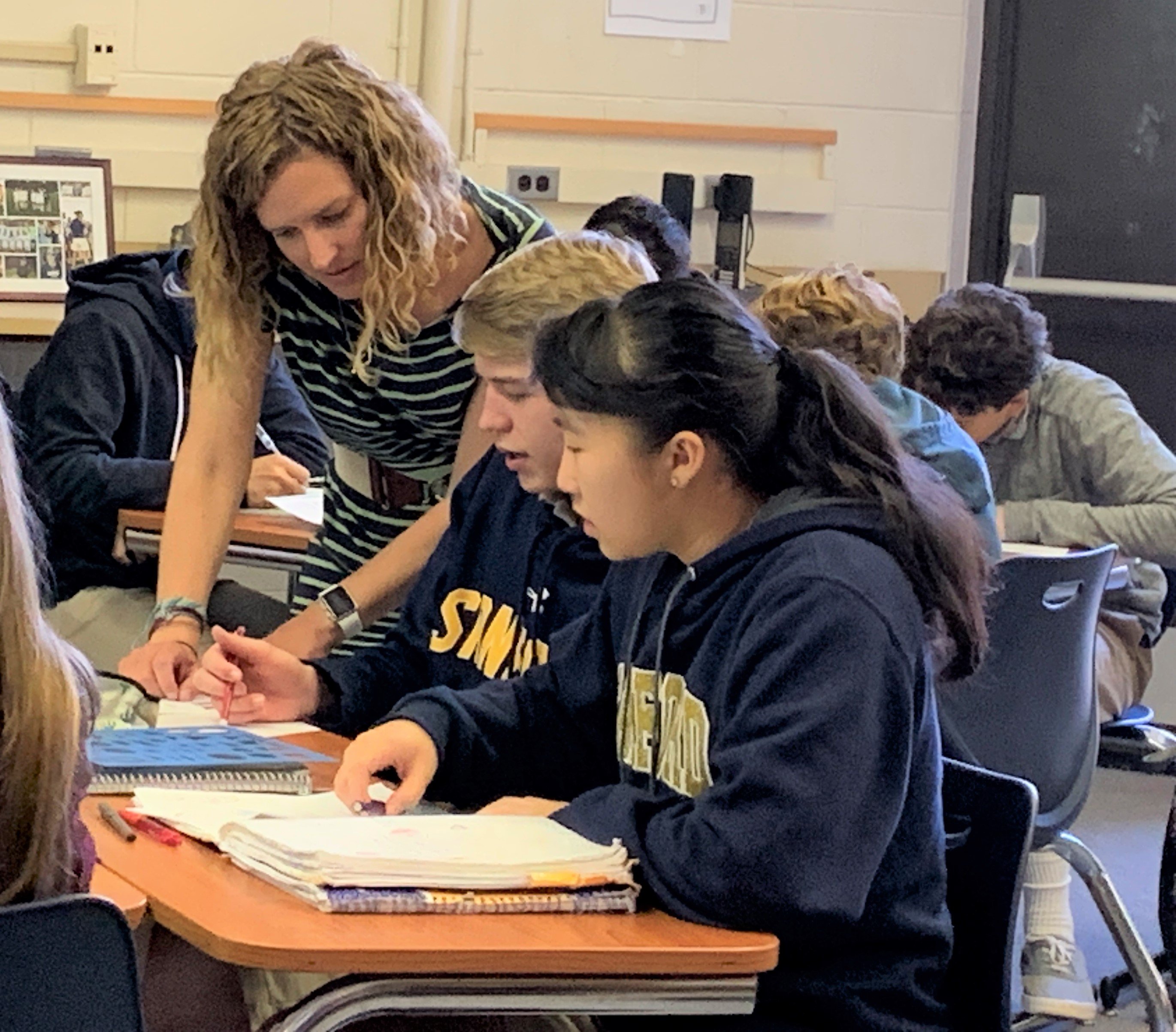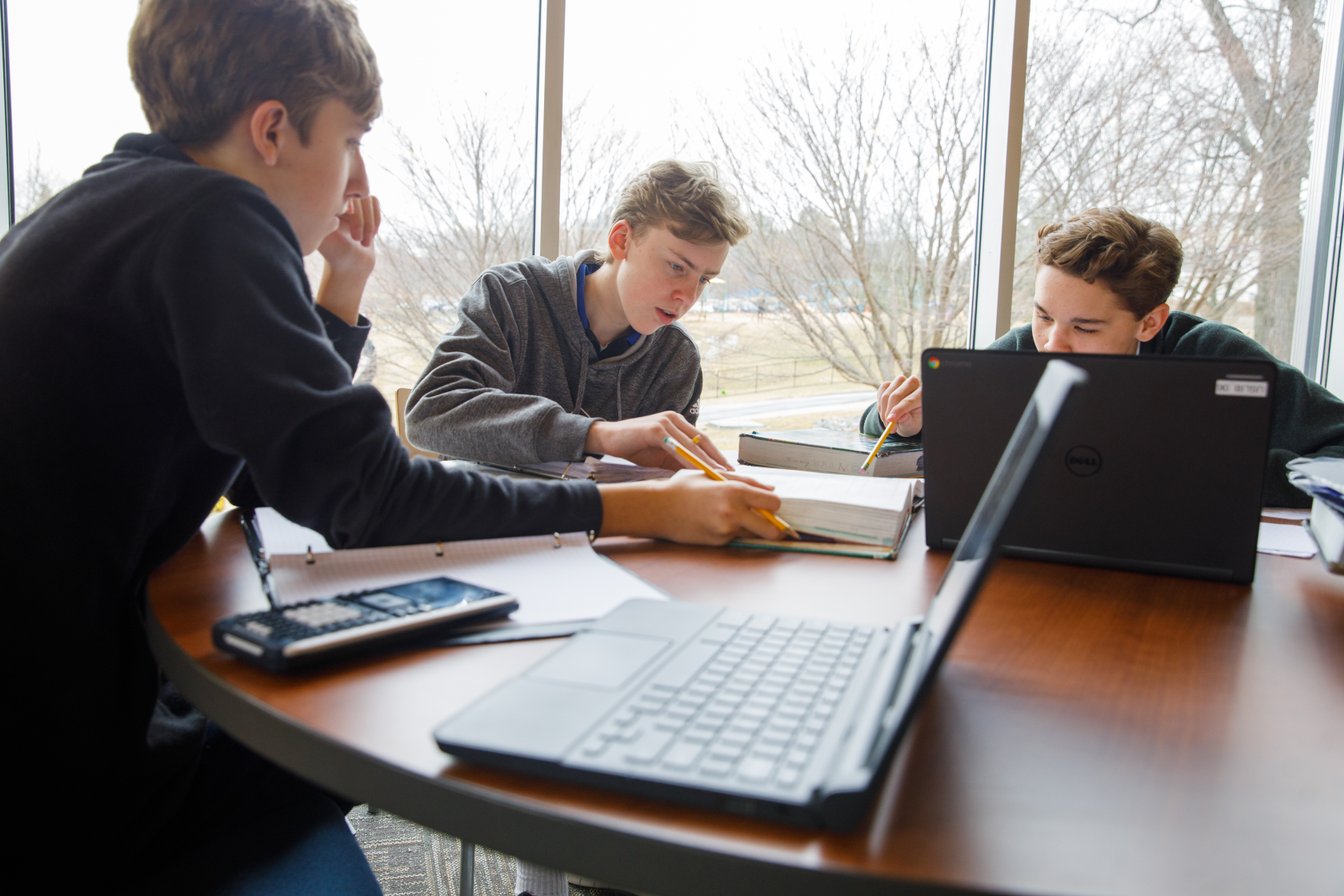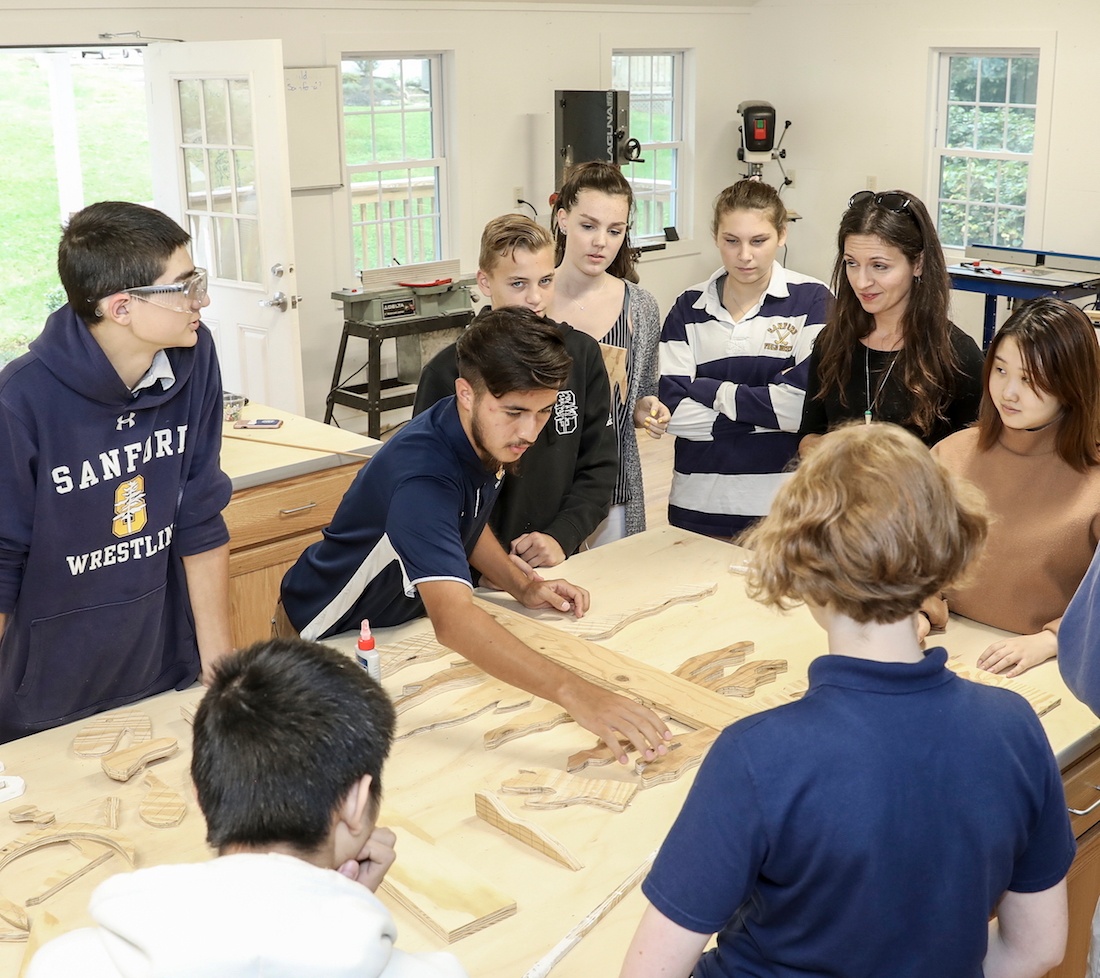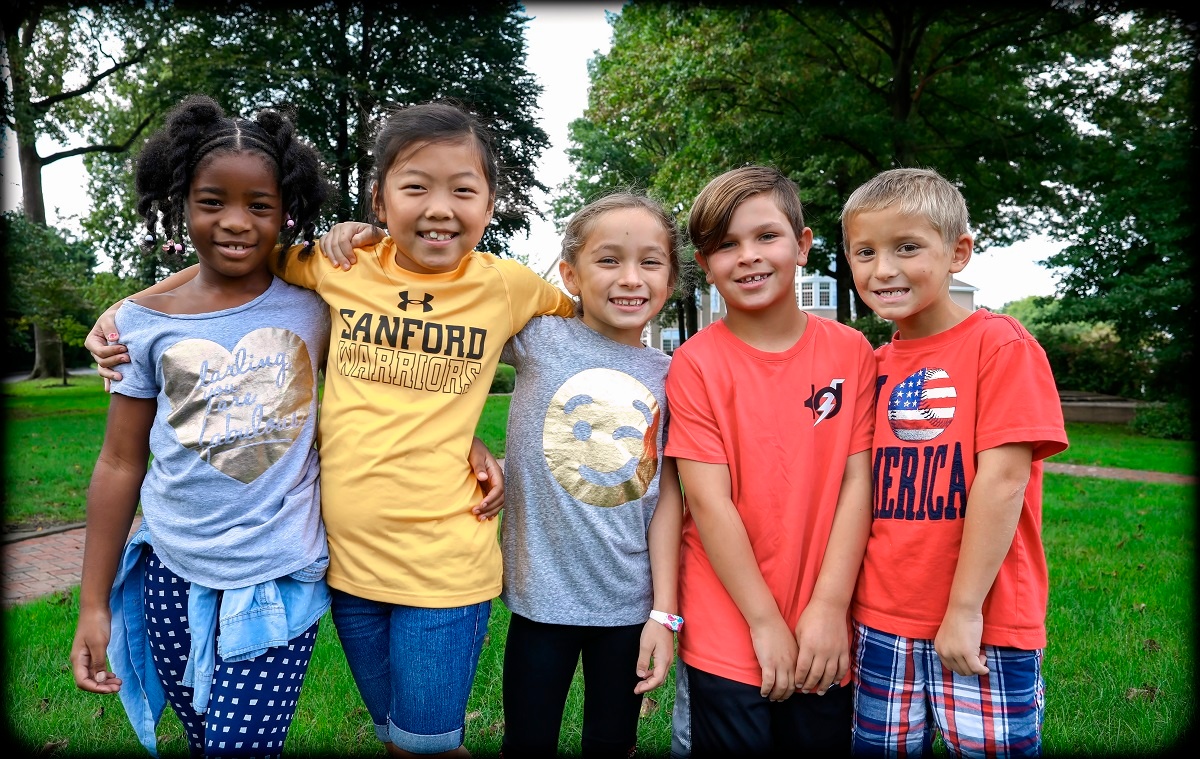Going to middle school is a big change, and even though your child may be excited, there’s also probably some anxiety about moving up to the next level. This Scholastic article notes that some of the common fears that kids have about starting middle school. Parents can support their children by taking kids’ concerns seriously and, as much as possible, being proactive before the school year begins so that the transition is a smooth one. Read the following five tips that you can use to help prepare you and your child to make the move to middle school.
5 Tips to Help Your Child Transition to Middle School
Topics: Education, College Guidance, Academics, Parenting Tips, Middle School
Teaching History Through Multiple Perspectives
The National Council for History Education describes twelve practices that make up what they term History’s Habits of Mind, which are the skills that students develop when they are deeply engaged in rigorous history learning. While all of the skills are valuable, there is one that seems especially relevant during Black History Month: Utilizing multiple perspectives for comprehensive explanations. Incorporate this skill in the classroom by:
Patience, Focus, and Fulfillment: Why We Work with Our Hands
Lab sheets, calculations, essays, debates; so much of what students accomplish during their school day exists on the mental plane. All of these exercises, and their affiliate subjects, are crucial in molding a child’s critical thinking and quantitative reasoning skills. These are undeniably valuable when considering the scope of one’s academic career, but how often are students able to appreciate all that they are accomplishing? For developing students, the constant mental focus used to excel can be draining. Pair that with the fact that more and more students are trading in their free time for screen time, and suddenly you have an environment where mental fatigue and burnout thrive.
Give the Gift of Reading
What better gift than to give a child the gift of meeting new people and experiencing new places? Even better, there is no assembly required! Books are an investment in a child’s academic future and can be enjoyed over and over again.
Topics: Education, Academics, Parenting Tips
Strategies for Maintaining Strong Student-Teacher Relationships
Lifelines, resources, motivators, and inspirations, teachers act as the students’guides through the exciting, sometimes frustrating, but always challenging
How do students maintain strong relationships with their teachers?
The College Application Process:Writing College Essays
Writing college essays is a daunting task for most high school seniors and the cause of much friction between students and their parents in the middle of the college application process. Parents want to see applications completed and submitted well before admissions deadlines while students find thousands of ways to avoid writing their essays. Writing about oneself is never an easy task, but it is especially challenging for teenagers who are just beginning the process of self-reflection that insightful writing requires. These young writers are often apprehensive about putting pen to paper because they believe that their words, which will be evaluated by unknown admissions officers, will determine their college choices and their success in life.
Topics: Education, College Guidance, Academics
Beyond Word Problems: Making Sense of Math
The study of mathematics involves the balance of procedural skill, fluency, conceptual understanding, and application. Engaging students to make sense of math, rather than teaching them to memorize concepts, helps create mathematical thinkers. An important key to understanding mathematical concepts is a problem-solving approach in the classroom.
The way students read, write, and access information has changed rapidly in our growing digital world. To meet the needs of 21st-Century learning, the role of the librarian is changing and libraries are transforming to better meet the needs of students. They are converting into flexible learning spaces to encourage the gathering and sharing of knowledge. Librarians continue to inspire a passion for learning and are also incorporating teaching strategies for students to navigate the digital world. Librarians encourage students’ learning in the following ways.
Building Creative Minds In The Woodworking Shop
Did you know that swinging a hammer in a woodworking shop has a wide range of benefits for students? Woodworking provides the ability to identify a problem, brainstorm the possible solutions, and test your ideas. These skills lend themselves to all aspects of life, both inside the classroom and out. Woodworking classes have recently regained popularity because they build essential life lessons along with reinforcing math, science, and problem-solving skills. In fact, a study from Purdue University showed students benefited from participating in hands-on engineering projects. A woodworking program benefits students in the following ways:
Top Summer Enrichment Programs: Make It The Best Summer Ever!
Summer presents a whirlwind of choices for families including day camps, special interest camps, downtime, and family vacations. Students have the opportunity to pursue the interests they love, make social bonds at camps, and create family memories that will last a lifetime.
Topics: Academics, Summer, Parenting Tips

